cultural power of music - theory, orchestration - Music Cultural Insight
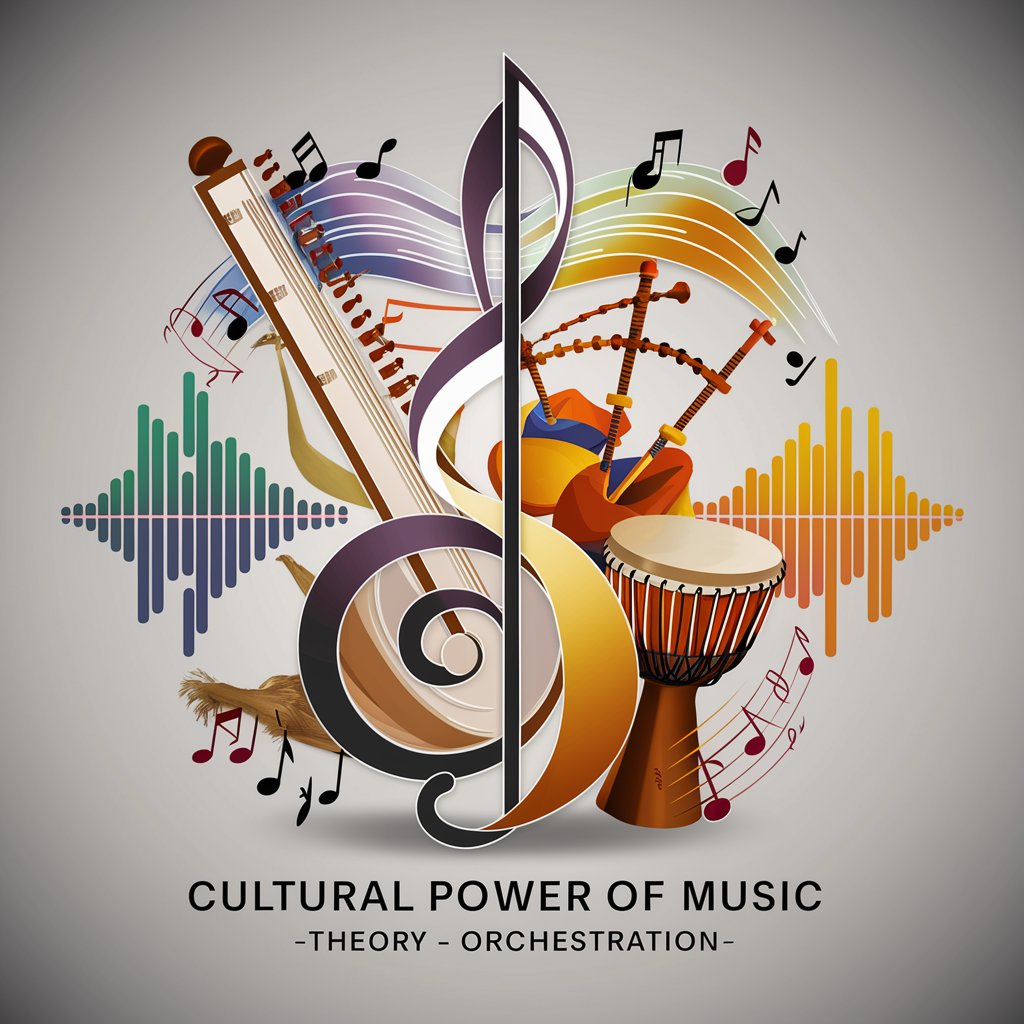
Welcome! Let's explore the cultural power of music together.
Explore music's global influence with AI.
Explore the impact of cultural identity on musical expression in different societies.
Analyze the role of specific instruments in shaping cultural narratives through music.
Discuss how music reflects and preserves historical events and societal changes.
Examine the influence of cross-cultural musical collaborations on contemporary music genres.
Get Embed Code
Cultural Power of Music - Theory, Orchestration
This system is designed to explore the profound impact music has on cultural identity, reflecting and influencing social values, traditions, and beliefs across diverse societies. Utilizing a combination of music theory and orchestration, it provides insights into how music functions as a cultural mirror and a form of expression. An example of this can be seen in how national anthems or traditional folk songs encapsulate and convey the historical narratives and societal values of a culture, serving both to educate and to foster a sense of community identity. Powered by ChatGPT-4o。

Key Functions and Use Cases
Cultural Analysis
Example
Exploring how different musical genres like Jazz or Flamenco represent unique cultural identities and histories.
Scenario
A user studying the influence of African American culture on modern music might use the system to analyze Jazz's origins and its socio-political context.
Educational Tool
Example
Interactive modules teaching the role of music in societal change, like the use of protest songs in political movements.
Scenario
Educators can use this system to create lesson plans or interactive sessions that showcase music’s role in advocating for social change, such as during the Civil Rights Movement.
Cross-Cultural Integration
Example
Providing insights into how music can be a bridge between cultures, featuring elements from various musical traditions.
Scenario
Artists or producers looking to create music that incorporates diverse cultural elements can use this system to understand and integrate different musical styles and instruments from around the world.
Target User Groups
Educators and Students
Teachers and students of music, sociology, and cultural studies will find this system invaluable for its deep dive into the socio-cultural aspects of music, enhancing their curriculum and learning experience.
Musicians and Producers
Musicians and music producers can utilize the system to gain a deeper understanding of the cultural implications of different musical elements, aiding in the creation of culturally rich and diverse music.
Researchers
Academic researchers focusing on cultural studies, musicology, and anthropology will benefit from the extensive database and analytical tools provided for studying music’s impact on cultural identities and societal norms.

How to Utilize the Cultural Power of Music: Theory, Orchestration
1
Start by visiting yeschat.ai for a complimentary experience, accessible immediately without any need for a ChatGPT Plus subscription or account creation.
2
Explore the vast library of music theory and cultural insights, ensuring a stable internet connection for uninterrupted access to resources and interactive elements.
3
Engage with personalized learning modules tailored to your interests, from understanding musical instruments' cultural significance to exploring global music genres.
4
Take advantage of interactive tools like quizzes and simulations to deepen your knowledge and appreciation of music's role in cultural identity and expression.
5
Regularly revisit to discover updated content and advanced features, leveraging the tool's ability to learn from your interactions for a continually enhanced learning journey.
Try other advanced and practical GPTs
ROCK MUSIC GURU
Unleash the History of Rock with AI
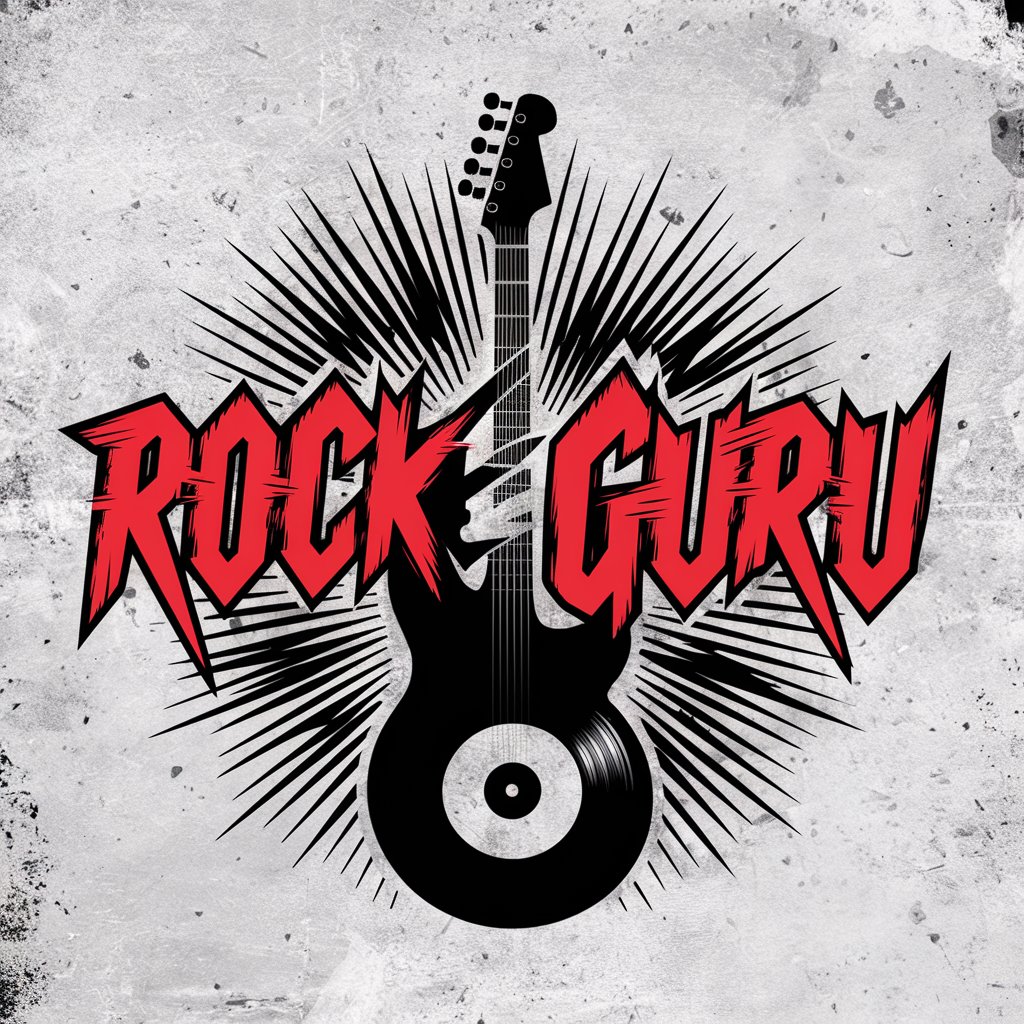
MUSICAS FESTAS INFANTIS
Animate kids parties with AI magic!
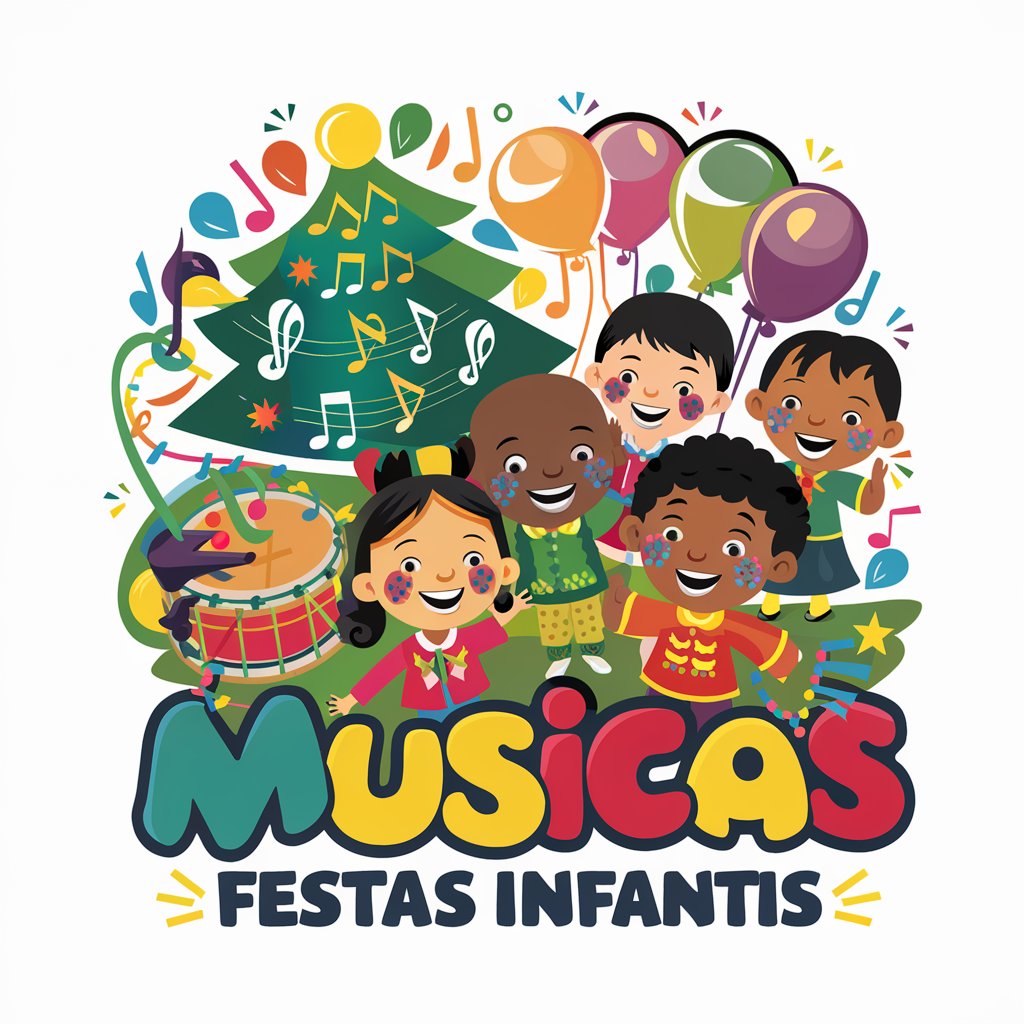
Cloud Chord
Compose music with AI creativity
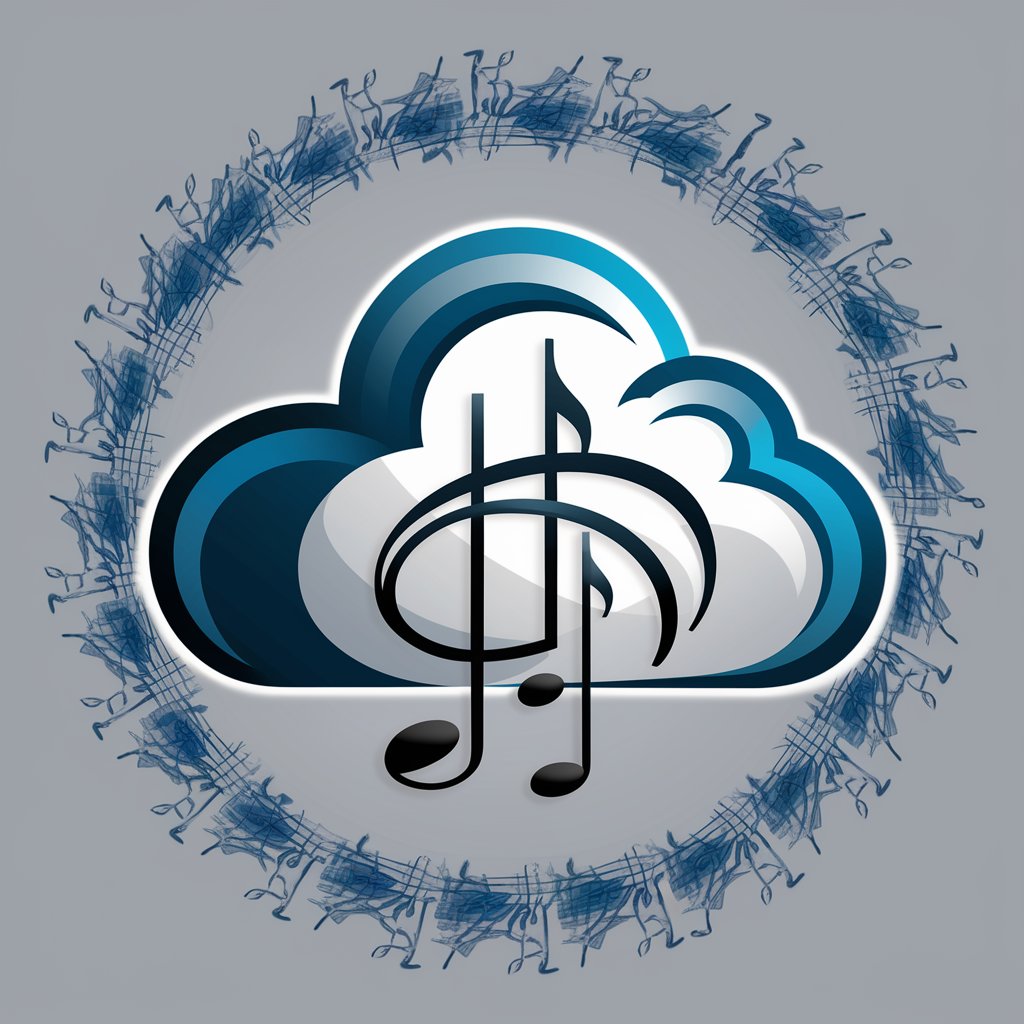
Ontario Tenant Screening analyzer
AI-powered tenant risk assessment and financial analysis.

Montana Tenant GuideBot
AI-powered Montana Tenant Guidance

Washington State Guide for Tenants and Landlords
Empowering Tenants with AI-Driven Legal Guidance

Classical Music Companion
Unveiling Classical Music with AI
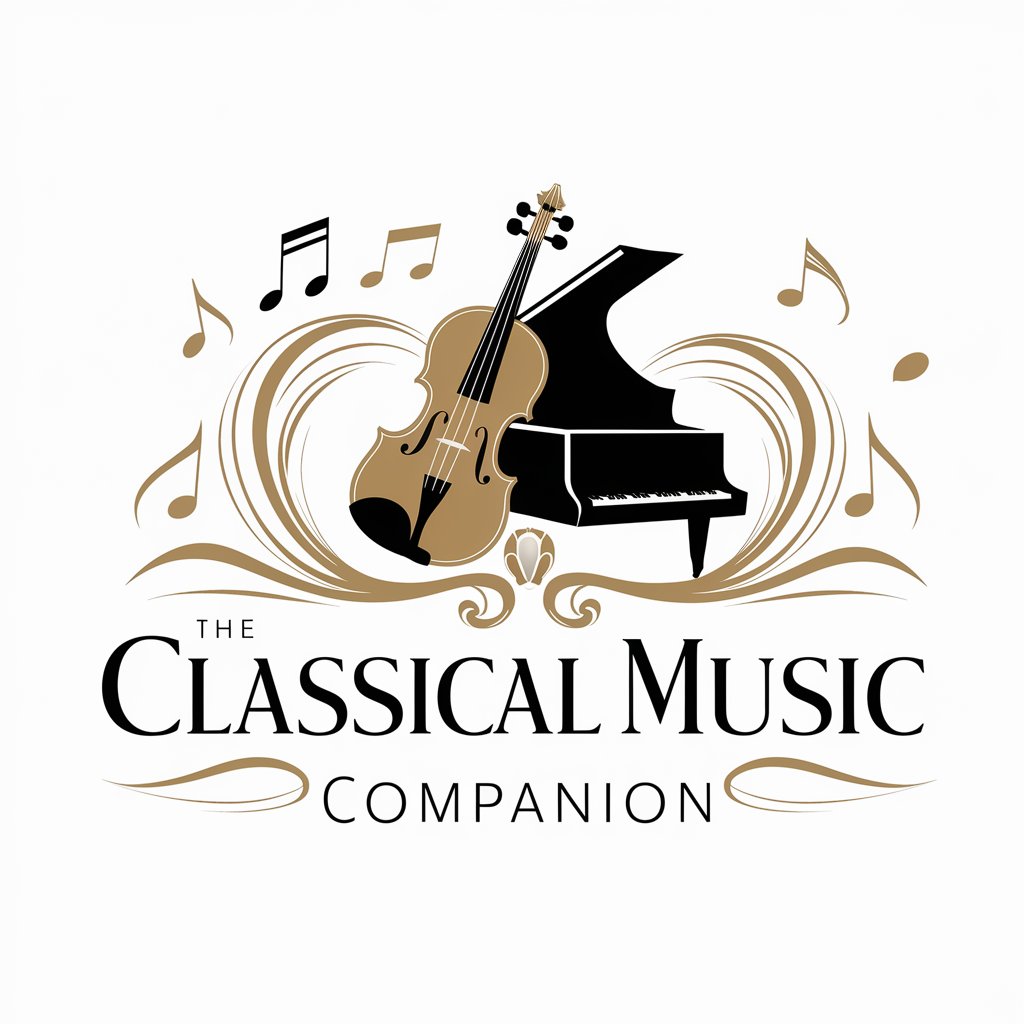
Savvy Shopping Assistant
Empower Your Shopping with AI

Low Poly Album Art Creator
Transform images into unique low poly album art.

Speedy Car Advisor
AI-powered car buying assistant.

Real Estate Buddy
Empowering Your Real Estate Decisions with AI

Arruma Lista Musicas
Transform your music lists with AI.

FAQs on Cultural Power of Music: Theory, Orchestration
What makes music a powerful tool for cultural representation?
Music acts as a profound mirror to society, encapsulating history, traditions, and values through melodies, rhythms, and instruments. It's a universal language that transcends linguistic barriers, embodying the essence of cultural identity and community.
How does this tool help in understanding music's cultural impact?
By offering a rich database of music theory, genres, and historical context, the tool equips users with knowledge to explore how music reflects and influences cultural identities globally. Interactive modules and personalized learning paths enhance comprehension.
Can this tool assist in academic research or projects?
Absolutely. It serves as an invaluable resource for students and researchers by providing access to comprehensive music theory, examples of cultural orchestration, and analysis of music's societal roles, supporting academic pursuits in musicology and cultural studies.
Is it suitable for beginners with no prior knowledge of music theory?
Yes, it's designed to cater to all levels of expertise, from novices to professionals. Beginners can start with basic concepts and gradually explore more complex topics, with interactive guidance making learning engaging and accessible.
How does the tool stay updated with the latest in music and culture?
It leverages real-time access to cutting-edge research and incorporates user feedback to continuously evolve, ensuring the information remains current and reflective of the latest academic and cultural insights into music.
